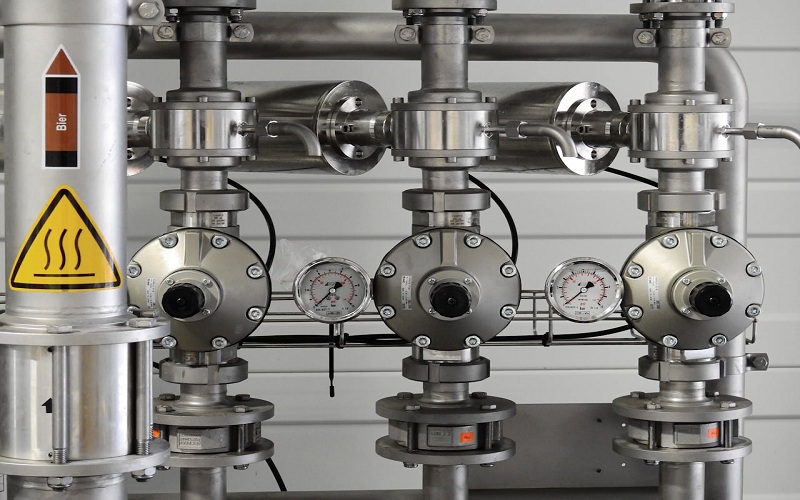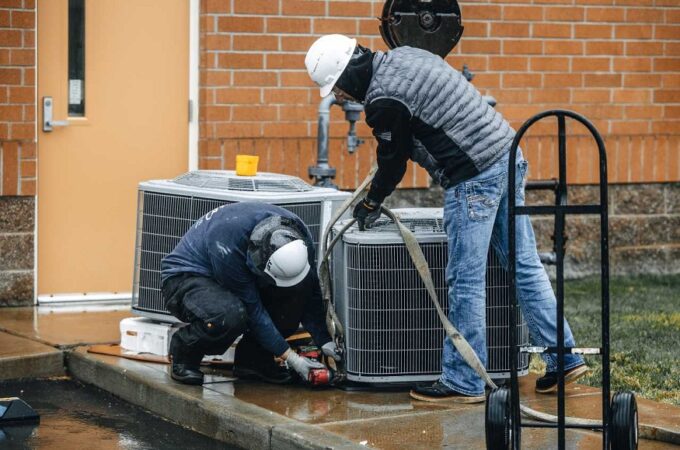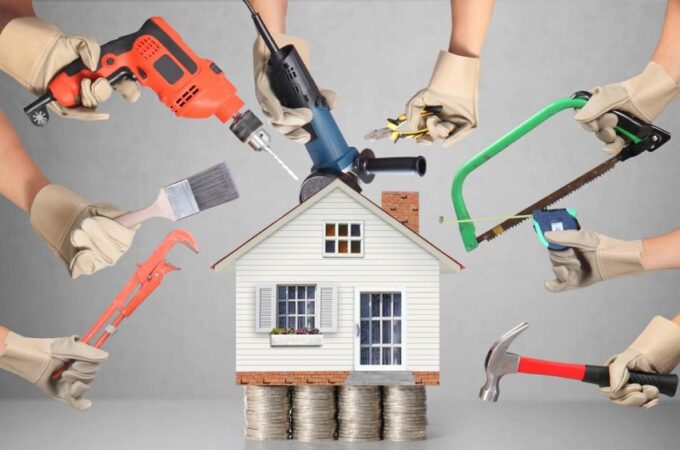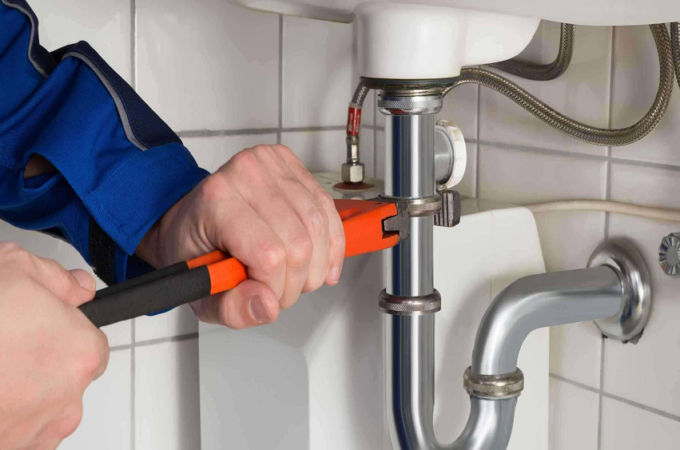
Ensuring Your Septic System’s Longevity Through Proper Plumbing Care
Septic systems are an essential part of many homes, and proper care is crucial to their longevity. As a homeowner, it is important to understand how your plumbing system affects your septic system and the steps you can take to ensure its proper function. In this guide, we’ll discuss some tips for maintaining your septic system through proper plumbing care, so you can avoid costly repairs and keep your household running smoothly. So let’s get started! Here are some ways you can help extend the life of your septic system through good plumbing practices.
Be Mindful of What Goes Down the Drain
One of the most essential things you can do to maintain your septic system is to be mindful of what goes down your drains. Your septic tank is designed to break down waste and separate solids from liquids, but it can only handle so much at a time. Avoid flushing or draining items such as grease, fats, oils, coffee grounds, diapers, sanitary products, and harsh chemicals. These materials can clog or damage your septic system and cause costly repairs.
A Path Well Traveled
Wastewater from your home travels through drain pipes from various plumbing fixtures like sinks and showers into the initial stages of your septic system. The health and performance of that system rely heavily on the amount and type of waste flowing through those drainpipes.
Consider everything you flush, rinse, or wash down your drains. Are you using heavy-duty toilet paper or flushing paper towels and other bulky items? These can end up in your septic tank, obstructing the natural flow of waste and disrupting the system’s delicate balance. Always use bathroom products labeled as septic-friendly. These products are typically made from natural materials that break down quickly, helping to prevent clogs.
Families with young children often find random items flushed down the toilet. While it’s best to avoid this, be prepared to empty the septic tank more frequently during this stage. Septic removal contractors frequently find various objects in tanks, but reducing random flushes can help maintain your system’s efficiency.
Regularly Inspect and Pump Your Septic Tank
Regular maintenance is key to ensuring the longevity of your septic system. It is recommended to have your septic tank inspected every 1-3 years by a professional and pumped every 3-5 years, depending on its size and usage. This will help prevent buildup of solids and ensure the proper functioning of your system.
Fix Leaks and Drips Promptly
Even minor leaks or drips can contribute to the overload of your septic system. It’s vital to fix any plumbing issues promptly to avoid overloading your tank. Keep an eye out for signs of leaks, such as damp spots or musty odors, and address them immediately. Not only will this help maintain your septic system, but it will also save you money on your water bill.
Laundry Waste Water
Your washing machine is a major source of wastewater in your home, and it’s crucial to properly dispose of it to maintain the health of your septic system. First, be sure to use eco-friendly, septic-safe laundry detergents that won’t harm the natural bacteria in your tank. Avoid using excessive amounts of detergent and consider using liquid instead of powder to prevent residue buildup.
After each load, make sure to clean out the lint trap from your washing machine. Lint can accumulate in your septic tank over time and cause blockages or slowdowns in the system. Additionally, avoid washing large items such as rugs or blankets in your machine. These can hold onto a significant amount of water and put strain on your septic system.
Properly disposing of greywater, or wastewater from your washing machine, is important for maintaining the balance and efficiency of your septic system. One option is to divert this water to a separate leach field specifically for greywater. Another option is to install a filter on your washing machine’s outlet hose to catch any solids before they enter the tank. Whichever method you choose, it’s crucial to regularly monitor and maintain these systems to prevent any issues with your septic system in the future.
Practice Water Conservation
Conserving water is not only good for the environment, but it also helps your septic system function properly. The more water that goes into your septic tank, the faster it fills up and needs to be pumped. By practicing simple habits like fixing leaky faucets, taking shorter showers, and using high-efficiency appliances, you can reduce the strain on your septic system and extend its lifespan.
Use Septic-Safe Products
When choosing cleaning products or other household chemicals, make sure they are septic-safe. Harsh chemicals can kill the beneficial bacteria in your septic tank that help break down waste. Look for products with a “septic safe” label or opt for natural and biodegradable alternatives. Should your septic system experience any issues, you can contact a seasoned plumbing company like Witkowski Mechanical to help you fix the issue, give you advice on how to take care of your plumbing and septic system .
Garbage Disposals and Kitchen Plumbing
Garbage disposals are a common feature in many kitchens, but they can also be a source of trouble for septic systems. While convenient for disposing of food scraps, garbage disposals can put strain on your septic tank by adding more solid waste to the system than it can handle. To avoid this issue, consider composting or using a separate container for food scraps instead of relying solely on your garbage disposal.
In addition to being mindful of what goes down your drains, regular maintenance is crucial for kitchen plumbing to ensure the proper functioning of your septic system. This includes checking and tightening any loose connections, as well as cleaning out any debris or buildup in your pipes. Regularly inspecting and maintaining your kitchen plumbing can also help prevent major issues down the line that could affect your septic system.
If you do encounter plumbing issues in your kitchen, it’s pivotal to address them promptly to avoid putting additional strain on your septic system. This may involve hiring a professional plumber for repairs or replacements. By being proactive about maintaining your kitchen plumbing, you can help protect the longevity and efficiency of your septic system and save yourself from potential costly repairs in the future. Remember, what goes down your drains directly impacts the health of your septic system, so it’s essential to practice proper plumbing care in all areas of your home. So be mindful, conserve water, and regularly maintain your plumbing to ensure a healthy and long-lasting septic system for years to come. By following these tips and being proactive about caring for your septic system, you can enjoy peace of mind knowing that your household is functioning smoothly and efficiently.
Overall, proper plumbing care plays a crucial role in maintaining the longevity of your septic system. From being mindful of what goes down the drain to regular maintenance and conservation efforts, every small action can make a big difference in keeping your septic system functioning properly. By following these tips and incorporating them into your household routines, you can save yourself from expensive repairs and ensure the health of your septic system for years to come. So take care of your plumbing, and in turn, it will take care of your septic system – keeping your home running smoothly and efficiently. Try implementing some of these practices today to keep your septic system happy and healthy for many years ahead! Let’s help keep our planet clean together!
With a little knowledge and effort, you can be confident in maintaining a well-functioning septic system through proper plumbing care. By taking the necessary precautions and being mindful of your household’s water usage, you can save both money and the environment. Remember, a healthy septic system starts with responsible plumbing practices, so make it a priority to incorporate these tips into your daily routines. Your future self (and your septic system) will thank you!
Be Careful with Landscaping
The location of your septic system is an invaluable consideration when it comes to landscaping. Avoid planting trees or shrubs with deep roots near your system as they can cause damage to pipes or the tank itself. It’s also essential to avoid driving heavy machinery over your system as this can also cause damage.
By following these tips and being mindful of your plumbing practices, you can help extend the life of your septic system and avoid costly repairs. Remember to schedule regular maintenance and address any issues promptly. And if you’re ever unsure about something, don’t hesitate to consult a professional plumber for guidance. Your septic system plays a crucial role in keeping your household running smoothly, so it’s paramount to take good care of it.





